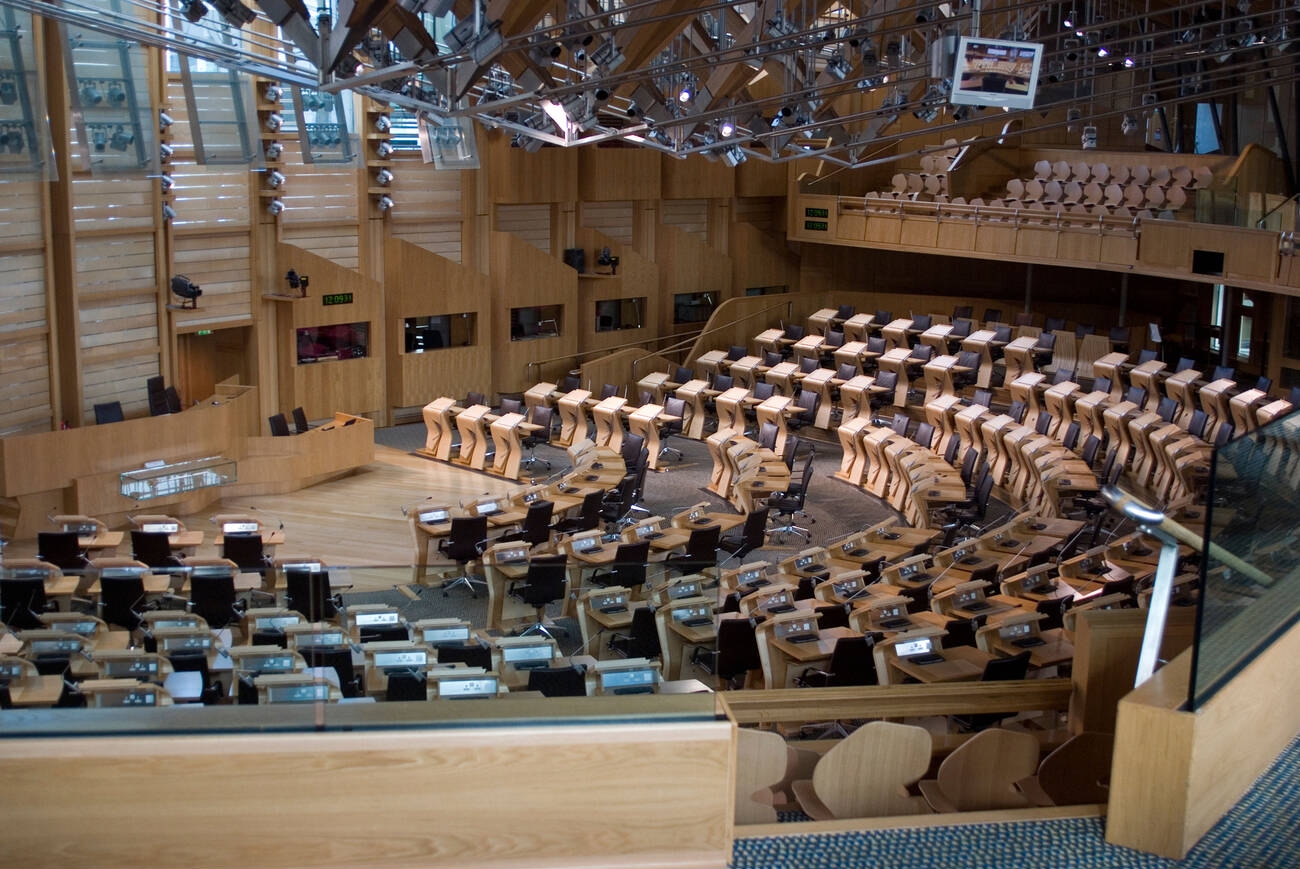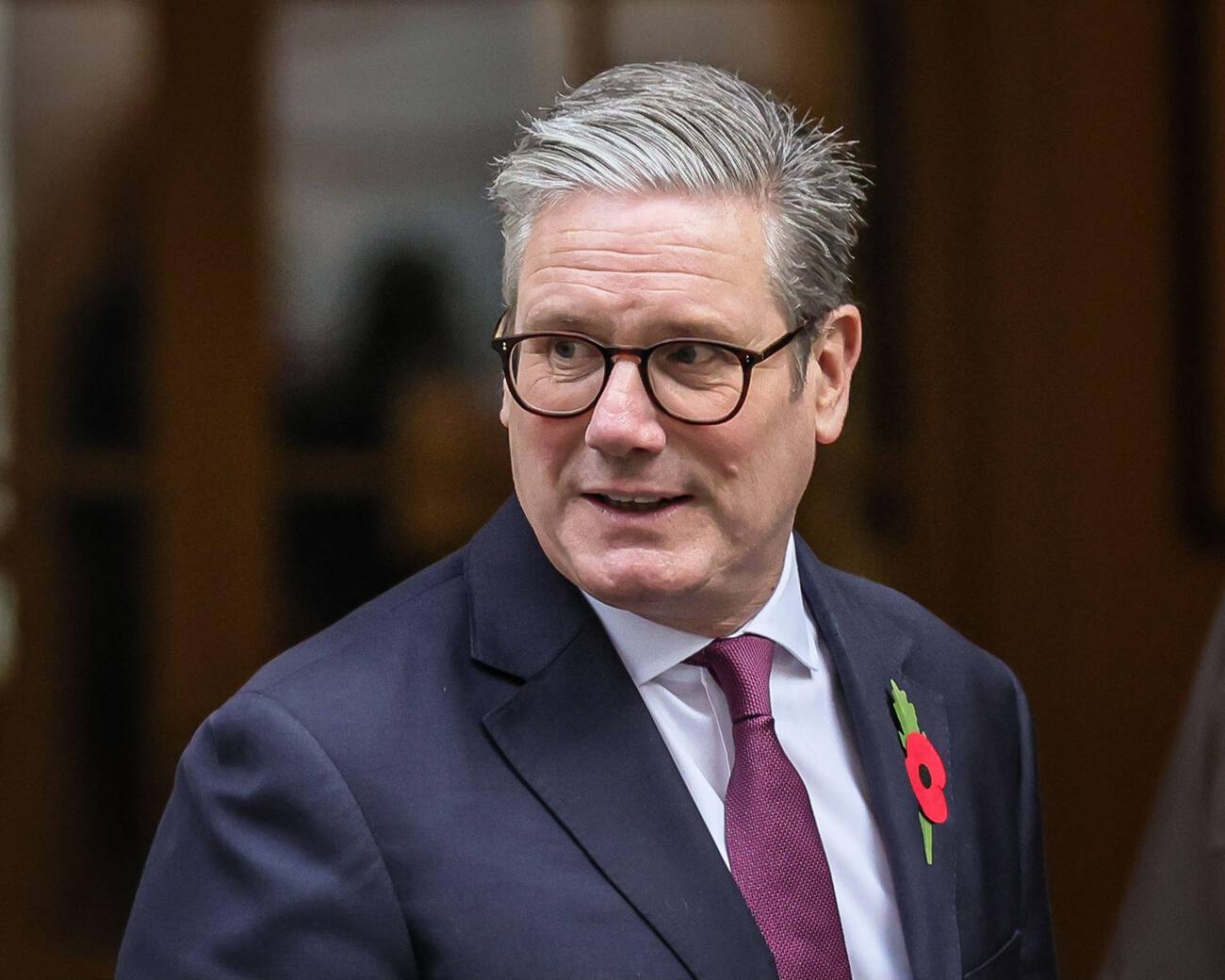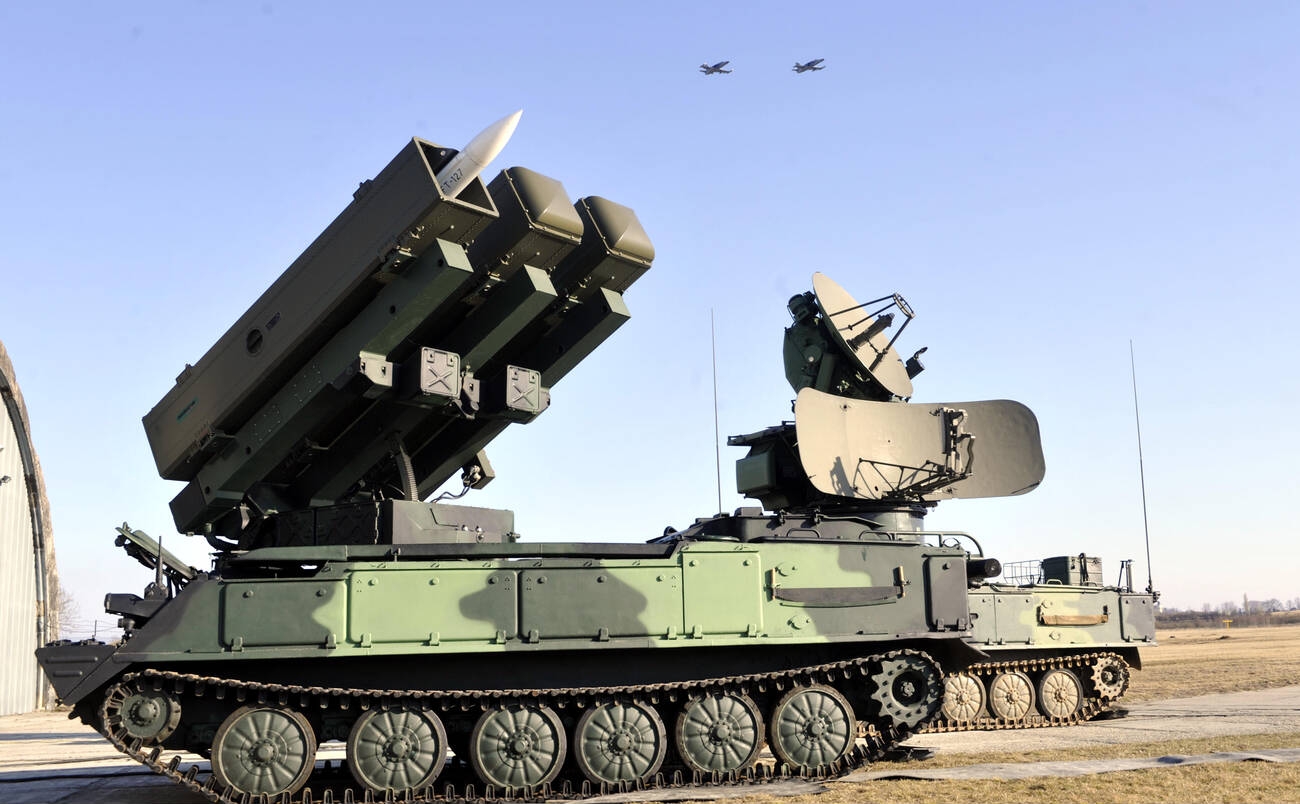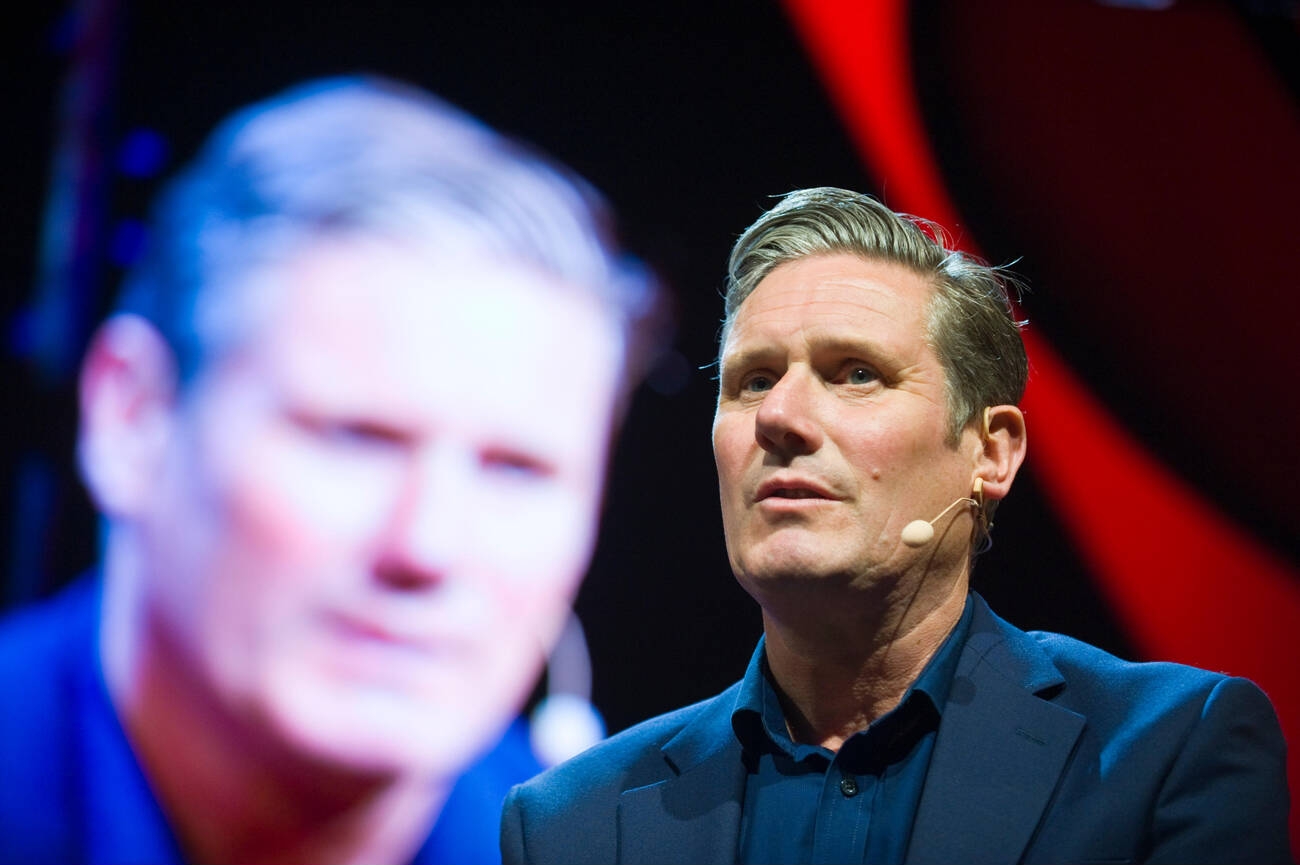British Army Restructuring Plan: Reforming Military Strategic Defence in 2025
A defence review enables a government to present a forward-looking assessment of Britain’s strategic interests, requisite military requirements, and
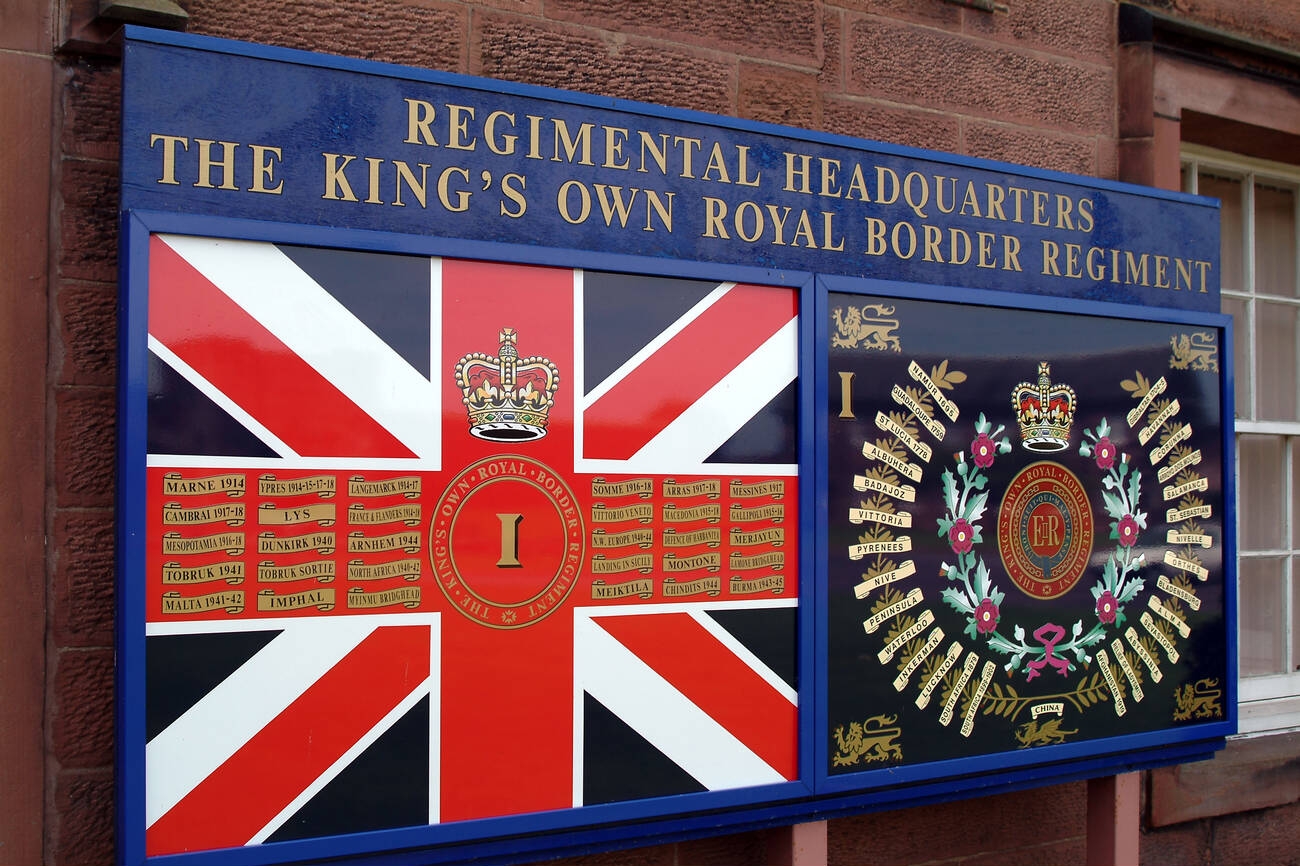
A defence review enables a government to present a forward-looking assessment of Britain’s strategic interests, requisite military requirements, and British Army restructuring plan. The UK government has conducted at least one review of its defence policy every decade since the Second World War.
Recent iterations have broadened beyond purely defence considerations. They have reflected the government’s assessment of national security and outlined the main values of its foreign policy. Moreover, it sets out an overarching strategy to guide international and domestic policy.
The previous government published a review of security, defence, development, and foreign policy in 2021. However, the unforeseen rate of geopolitical change needs a refresh of that strategy in 2023.
The Secretary of State for Defence
Today, Parliament returns from Ukraine’s Easter break. During the past two weeks, Putin’s illegal invasion of Ukraine has continued, with drone strikes, missile attacks, and fierce fighting on the frontline. Putin’s attack was the deadliest on Ukrainian civilians. On Palm Sunday, he hit men, women, and children in Sumy on their way to church. So far this year, it has killed 35 people, including young children, and injured over 100 more.
This year, the UK is providing £4.5 billion in military support to Ukraine—more than ever before. In Brussels, The Secretary of State for Defence announced that £200 million of that support will be sent to the frontline, with supplies starting to reach Ukraine’s fighters within this month, including radar systems, anti-tank mines and hundreds of thousands of drones.
Despite President Putin’s promise of a 30-hour pause in fighting, there is no indication that a ceasefire on the frontline was observed over the Easter period.
UK defence policy under Starmer
UK’s Starmer Announces Defence Spending Boost Ahead of Trump Meeting.
British Prime Minister Keir Starmer pledged the “biggest sustained increase” in defence spending since the end of the Cold War. He did so, as he readies to meet NATO-sceptic US President Donald Trump later this week (February 25, 2025) in Washington.
Starmer, speaking before parliament on February 25, said defence spending would rise from 2.3 percent this year to 2.5 percent of economic output by 2027. According to the British Army restructuring plan, the government would fund the increase with cuts in international aid.
European countries have increased defence budgets since Russia’s all-out invasion of Ukraine in 2022. And many leaders have said that they must continue, and increased spending must continue to counter the increasing military threat from Moscow.
The Defence Secretary, John Healey, has described this SDR as the “first of its kind in the UK”. This is because he externally led it, whereas the government conducted previous defence reviews. Lord Robertson, a former Labour Defence Secretary and NATO general secretary, is leading the review.
The new plan of the Starmer government to strengthen the British Army will not achieve its desired objectives without addressing issues such as budget constraints and manpower shortages.
UK military reform and British Army restructuring plan for 2025
The Defence Secretary has announced what he called the “deepest reforms in UK Defence for 50 years”. He is pledging to end what he described as a culture “obsessed with the process” and refocus the system on outcomes, accountability, and operational readiness. He says defence must change to make Britain secure at home and strong abroad.
Alongside the significant defence investment, the British Army restructuring plan involves serious reform. The reform must involve speeding up our decision-making, focusing on the British Army restructuring plan outcomes, securing faster delivery, and achieving the best value for money for our troops and taxpayers.
Based on the British Army restructuring plan, the National Armaments Director Group makes defence an engine for Britain’s economic growth.
The British Army restructuring plan will enable collaboration by bringing together Defence Digital and parts of Defence Support, the Defence Science and Technology Laboratory, and the Defence Infrastructure Organisation. Furthermore, the NAD controls the procurement system, with a focus on driving domestic industrial growth.
NATO strategy differences: UK vs US
Andrew M Dorman argues that the UK must rethink its defence strategy as US support becomes increasingly uncertain under Donald Trump.
Since the end of the Second World War, Britain’s defence policy has centered on four basic pillars. First, the US acts as the offshore balancer for Europe, tied in through NATO and the Article 5 guarantee. Second, an operationally independent nuclear deterrent aimed at first at the Soviet Union and now at Russia. Third, the ability to project a limited military capability across the world. And finally, the so-called ‘special relationship’ with the US.
That special relationship, crucially, underpinned the first three pillars. Within 50 days of starting his second term, Donald Trump has unpicked the first one and effectively undermined the second and third ones. The British military is separating its path from the United States in the Trump era and is trying to overhaul its structures.
The UK is very concerned about being left out of the negotiations between the US and Russia over the future of the Ukraine war.
Will the UK be excluded from US-Russia-Ukraine talks?
The scheduled talks between top diplomats of the US, Germany, France, the UK, and Ukraine have been abruptly postponed. The planned meeting in London downgraded the talks on ending the war in Ukraine to discussions among their senior officials.
The move follows US Secretary of State Marco Rubio’s decision to travel to Moscow. Special Envoy Steve Wiesner has also opted to not attend. In their absence, Keith Kellogg, President Donald Trump’s envoy for Ukraine and Russia, is leading the American delegation.
The UK had been set to host Ukraine peace talks between foreign ministers on Wednesday (April 23, 2025) before they were postponed and downgraded. Meanwhile, the Trump administration recently presented a US plan to end the war.
What are John Healey‘s plans for UK defence reform?
Healey has pitched the reforms as a strategic realignment to prepare Britain for a more dangerous universal environment. “Defence must change to make Britain secure at home and strong abroad,” he said. He noted that the new command and acquisition structures aim to support deterrence and warfighting readiness. Healey emphasizes that the British army is weak and needs to review its basic structures.
As the United States and Russia begin negotiations on the future of the war, the British Defence Department has called on the European Union to address the process of negotiations and make changes. John Healey has announced that he will make sweeping changes to the British military’s command structure.

